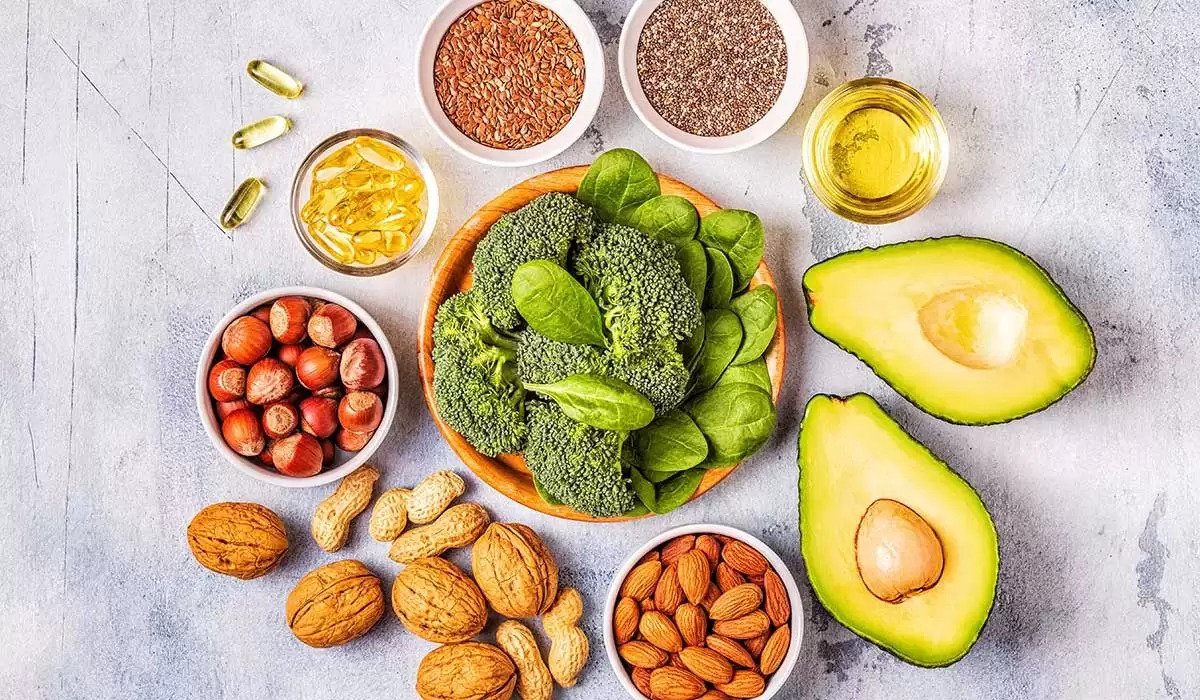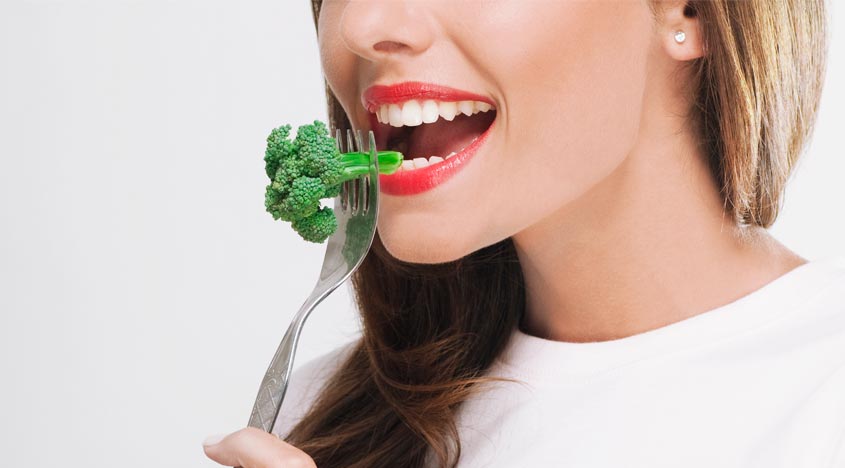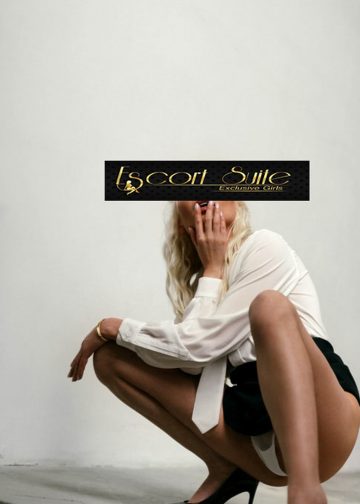
In the years I’ve worked as a beauty editor, I’ve interviewed countless celebrities and influencers about their beauty rituals. When it comes to skincare, most of them almost always say, “I believe great skin comes from within.” See also, “Good skin starts in the gut,” or “You are what you eat.” The phrase may vary from person to person, but it always suggests the same thing: that clear, glowing skin is only achievable if you eat a certain way. Continue reading this blog on our Escort Service Website.
Of course, we all know that eating a balanced diet benefits our overall health and well-being. But when it comes to our skin, especially skin conditions like acne, eczema, and rosacea, things are a lot more complicated than just starting with celery juice every morning, drinking an oat milk matcha latte afterwards, and giving up alcohol.
Unfortunately, skin and nutrition are so closely intertwined that it’s not just celebrities who peddle diets or denounce certain food groups as a panacea for skin problems. On TikTok and Instagram, you’ll find beauty and wellness enthusiasts – even some so-called skincare experts – promoting “diets for glowing skin” or snacks and shakes that claim to help eliminate blemishes or brighten skin. Why is this type of content so popular? And the escort girls should follow these tips?
“Dietary changes have become particularly popular recently,” says Dr Paris Acharya, Aesthetic Doctor and Skin Specialist at Waterhouse Young. “Maybe it’s because many of us have gained weight during lockdown (which is perfectly normal) or increased awareness of different diets.” It’s no secret that the stress at times and the fear of the pandemic are also taking their toll on our skin have been affected. Skin blemishes and eczema are not uncommon significant problems. “The problem with that, when we focus on nutrition,” says Dr Acharya, “is that we can push things to the extreme, which can be bad for our health and well-being. Also, it is misleading to think of diet alone as a way to get skin that a person is happy with.”
Creating a narrative that promotes diet as the sole solution is problematic. I’m afraid I have to disagree with the “food is medicine” message regarding dermatology.
DR ANJALI MAHTO
A change in diet alone is not enough
The dermatologist Dr Anjali Mahto recently spoke on Instagram about the widespread belief that good skin comes from within. “I’m always a little disappointed when ‘superfoods’ and recipes are touted as ‘miracle cures’ for skin,” she wrote in a post. For many people, the pandemic has led to increased skin problems due to several factors, and it seems that brands, influencers and diet fans are taking advantage of these insecurities. “Natural ways to clear acne from within” and “Best foods for clear skin” are popular headlines, with protein bars, sweeteners, green tea and berries recommended to improve complexion.
dr Mahto provided another example of a common but questionable claim that there are “skin-friendly foods” that are currently making the rounds on the internet. “Selenium and zinc have been shown to help with acne in small studies,” said Dr Mahto. Since Brazil nuts contain these two nutrients, it is now widely claimed that eating Brazil nuts can help with blemishes. What dr Mahto criticizes is that these claims are often treated as facts. In reality, however, further research is needed to determine how true this is.
In her contribution, Dr Mahto continues that most skin diseases are very complex. “Creating a narrative that promotes diet as the sole solution is problematic,” she said. “Like many others in this field, I disagree with the ‘food is medicine’ message regarding dermatology.” Mahto pointed out that the message that eating healthy is the most effective way to improve the appearance of your skin is an oversimplification. “Not only is that a bold, unfounded claim, it’s also an overly simplistic notion of how the skin works in the context of health and disease,” she said.
Dr Acharya agrees: “Skin health depends on more than one factor,” she says. “Just being mindful of your diet isn’t enough because there are so many different factors that can contribute to skin problems – from stress to genetic factors to hormonal imbalances to even using the wrong skincare products.” As for celebs, yes would be remiss not to mention that most of them have free access to professionals who apply peels, fillers and botox and have many skin care items at their disposal. I can almost say with certainty that her glowing skin is the result of all of this combined with a balanced diet and not just one or the other.
Just paying attention to diet is not enough because so many factors can contribute to skin problems – from stress to genetic factors to hormonal imbalances to even using the wrong skin care products.
PARIS ACHARYA

Our dieting culture leads to guilt & blame
When it comes to our skin, focusing solely on nutrition can lead to feelings of guilt and self-blame. Research from the Food Foundation has found that healthy eating is too expensive for many people and that food budgets are most likely to be cut after all the bills have been paid. The report says that, as a result, we tend to turn to cheaper foods, which are often the least healthy. This makes the statement “healthy skin begins in the gut” an unattainable ideal for many people.
The shame of not having a fridge or pantry full of fruits, vegetables, and expensive supplements is all the more troubling when you consider that skin conditions can negatively impact mental health, such as worsening anxiety. Like dr Mahto found that phrases like “feed your body the right foods and it will take care of itself” are unfairly blamed on the individual for “not providing their body with the right nutrients” if their skin doesn’t improve.
Diets can be dangerous
The over-the-top phrases and expressions used by wellness influencers, health brands, and skincare experts are just as unhelpful. Some food groups thought to make skin problems “worse” are often demonized. In October 2018, Dr Mahto wrote an article for Refinery29 about an emerging trend among consumers to recommend eliminating certain foods, such as sugar, dairy and gluten, to improve skin condition. But that can go too far and, at some point, even border on obsession. Dr Mahto pointed out that an eating disorder can develop so quickly.

















































































































































